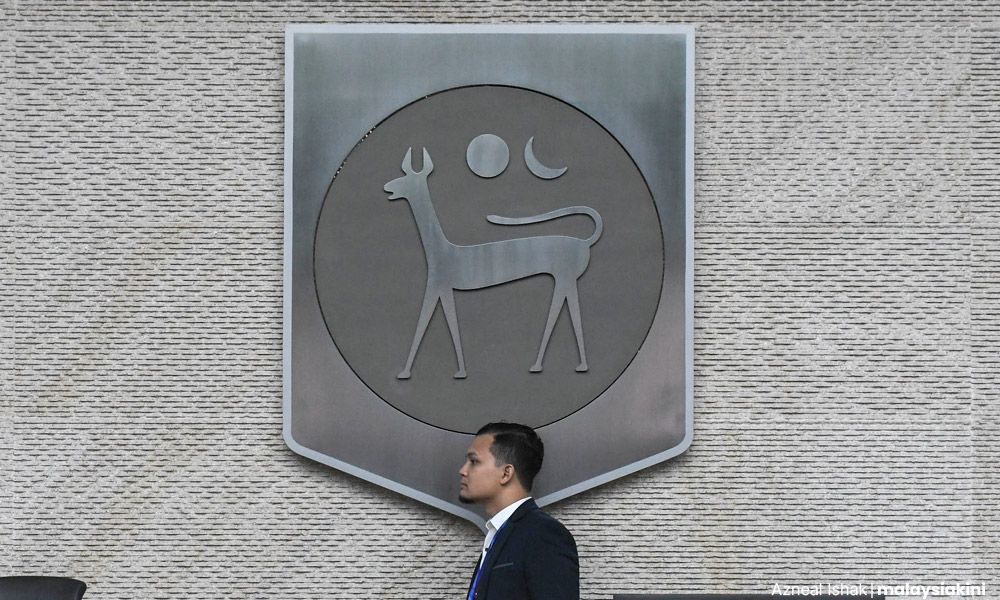Bank Negara Malaysia’s (BNM) announcement of interim measures for insurers and takaful operators (ITOs) to assist policyholders who experienced premium revisions of their medical and health insurance/takaful (MHIT) products as well as calling for urgent reforms in the health sector is welcomed.
The Galen Centre for Health and Social Policy supports the measures proposed and recommended, particularly those for the protection of policyholders aged 60 years old and above and for developing sustainable health financing solutions intended to strengthen and support the provision of quality healthcare to those who need it.
Galen Centre chief executive Azrul Mohd Khalib said this is a temporary measure and is not intended to be a permanent solution to the problem of healthcare inflation in Malaysia. Unfortunately, it is the equivalent of kicking the can down the road for three years.
“The problem of double-digit healthcare inflation continues to exist and grow, but for the moment, by capping yearly premium adjustments to less than 10 percent, there is relief and a reprieve for many people who were trying to decide whether or not to continue with their individual or family insurance or takaful policies, especially if they are older and above the age of 60.
“The offer of reinstatement for those who have terminated their policies after repricing and not requiring additional underwriting to do so is particularly good and should be commended,” he said.
ITOs through their agents have a duty of care to reach out to their policyholders and advise them immediately to ensure that informed decisions are made on how to proceed.
So what happens after?
Although this can certainly be considered a win for the consumer, if the premium increases are kept under 10 percent during this period, it calls into question what happens after, especially since healthcare inflation is expected to increase to at least 15 percent next year.
Will this temporary delay result in an inevitable drastic increase later as the cost of claims continues to skyrocket beyond reasonable estimates? Insurance and takaful products are businesses which need to respond to ground realities such as the escalating cost of hospital charges which continue to be unregulated.

Although this temporary measure by BNM is welcomed, the issue of private hospital charges needs to be addressed urgently and decisively.
There is no compulsion, requirement or incentive for private hospitals to work with insurance operators to reduce private hospital charges. Other than the consultant fee, hospital charges are a largely unregulated area of private healthcare.
Generally, the division of a hospital bill is 10-15 percent consultant fee, 20 percent medicines and the rest covers items such as medical consumables, use of medical devices, diagnostic tests, gloves, use of wheelchairs and kidney dishes, and even bed linen.
More than 60 percent of that bill is unregulated and may contribute to the inflationary nature of a hospital stay. This component needs to be reviewed and possibly regulated. These health insurance premium increases do not happen in a vacuum.
Regulator needed
We do not believe that it is the responsibility of the consumer, policyholders, patients, their families and communities to reduce medical inflation.
A regulator with a mandate of healthcare consumer protection is needed for this purpose. We need an independent statutory commission to regulate the private healthcare sector, particularly hospital charges.
A regulator, similar in role and powers to the Malaysia Competition Commission (MyCC), is urgently needed and should be established. The Private Healthcare Facilities and Services Act (PHFSA) 1998, which regulates only doctor and procedure fees, is likely inadequate for this purpose.
As such, new legislation should be introduced to enact a Private Healthcare Commission. The commission could be mandated to independently review charges and fee increases.

If the commission finds a rate increase to be unjustified, excessive, or unfairly discriminatory, it should be considered unreasonable and would need to be subjected to review and publicly disclosed.
To ensure the commission’s effectiveness, relevance and harmonisation of policies, it might also be necessary to transfer the responsibility of regulating health insurance and takaful from BNM to this Commission.
Caps and thresholds on insurance premiums and hospital charges appear to be determined by the industry rather than regulated.
The Galen Centre agrees that responsible medical and health insurance usage would reduce the pressure on premium increases. If premium increases are necessary, they should be reasonable and justified.
The Galen Centre has previously and continues to support a co-payment approach to healthcare, specifically within the context of adopting a national health insurance model. Co-payment in healthcare is important as it ensures the sustainability of the healthcare system. - Mkini
GALEN CENTRE FOR HEALTH AND SOCIAL POLICY is an independent public policy research and advocacy organisation based in Malaysia.
The views expressed here are those of the author/contributor and do not necessarily represent the views of MMKtT.




No comments:
Post a Comment
Note: Only a member of this blog may post a comment.